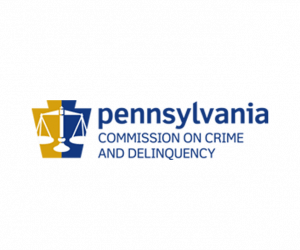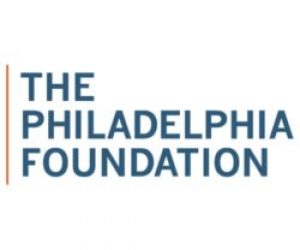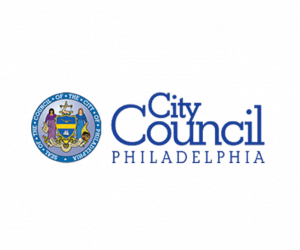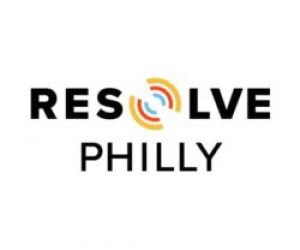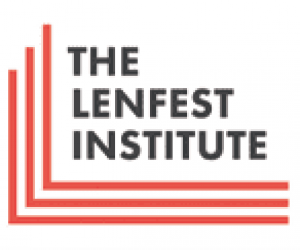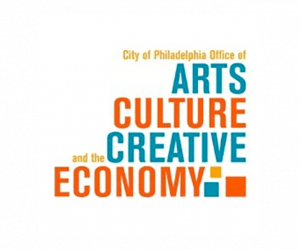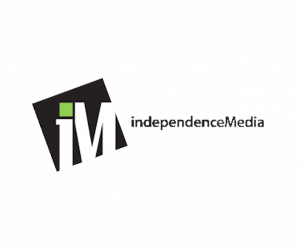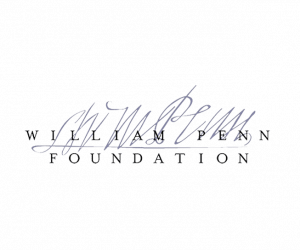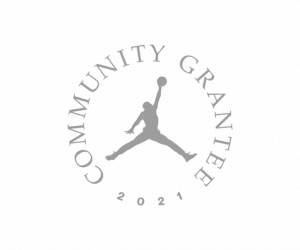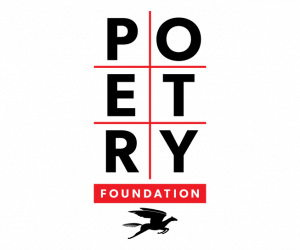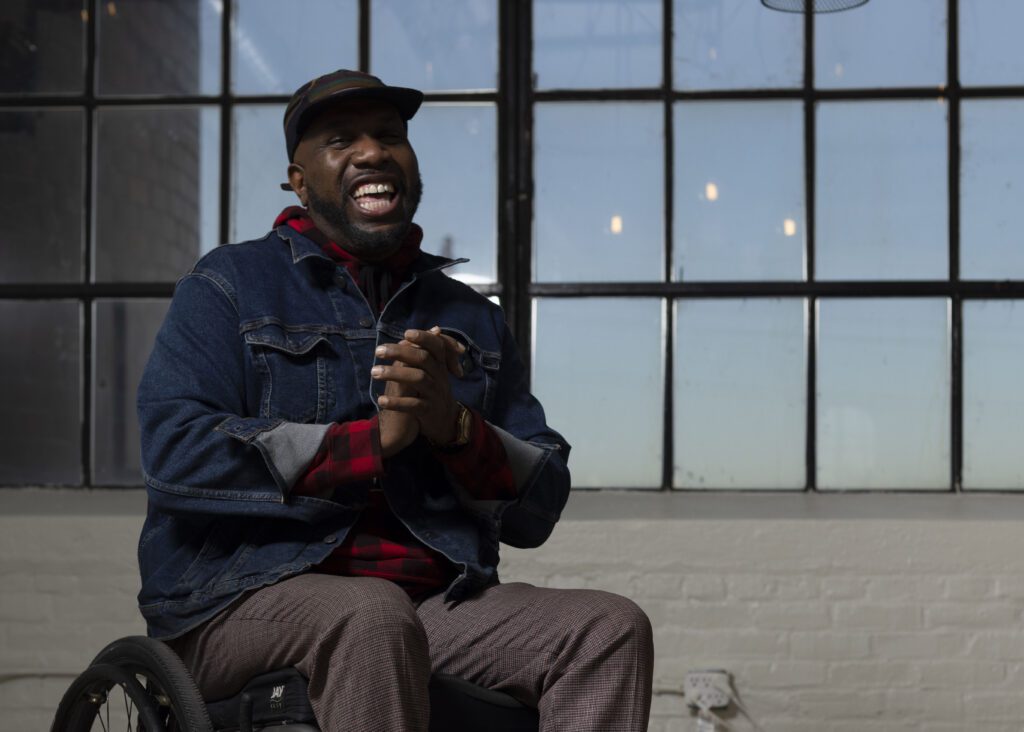
By Jasmine Sudarkasa
Bunmi Samuel wants you to know that he is doing just fine. Ten years after a 15,000 ft skydiving fall, he is certain that this moment is his: “I am who I say I am. What I said I was going to do, I’ve done. Something tragic didn’t destroy me. I’m better than I’ve ever been.”
Who Bunmi has been has changed over time, but he remains a multi-faceted activist, organizer, and storyteller at his core. Born in New York to a family of theater professionals and community activists, Samuel inherited a work ethic and sense of purpose that made him an early success: “My mother is Caribbean, my father is Southern. They’re workers – They work hard. My whole life, I’ve seen them work,” he recalls. “I’ve always been thankful to my parents, thankful [that] my community that I grew up in, for the most part, had an idea about the authority to claim what you want.”
After high school, Samuel moved to Philadelphia to attend Temple University: “I have a deep love for Philly, because Philly helped me become a man.” He began a career as a school developer, graduating from Temple in the early 2000s and dedicating his time to building the infrastructure and advocacy networks needed to ensure better schools for young people. He lights up when remembering this period in his life: “If you saw me in Philadelphia, circa 2013-14, you saw me with young people. They were always with me, like my children. In meetings, people would ask me, ‘Why are you bringing fourteen year-olds?’ Everywhere I was, a young person was with me.”
It was his work with young folks and the promise of a career as their advocate that Samuel grieved most after suffering a spinal cord and traumatic brain injury in 2014. “Being injured for so long, they went on and graduated [and] a lot of them had babies. Some of them went back to the street, and I blamed myself because I wasn’t present.”
Following the near-fatal fall, Samuel describes his first three years post-injury as pure survival: “You have to establish a baseline of safety in the body, you know? What I survived was so physically and mentally violent that for a long time, I wasn’t here. I was disassociated.” Navigating care first in Philadelphia, then New York City, Bunmi and his family soon discovered that the bureaucracy and inaccessibility of both East Coast cities might cost him as much as the initial injury.
“I left Philadelphia when I was discharged; I couldn’t come back because it’s inaccessible. The medical systems don’t really respond to this level of injury. So I moved to New York, but in New York City, I also hit this barrier of wait times – sometimes year-long, just to get on the machine [I needed] or to get seen. The curiosity I had wasn’t going to fit the model of the medical system I was in.”
Curiosity is the cornerstone of Samuel’s approach to healing. His curiosity about well-being motivated him to recover his physicality, grieve the loss of the life he’d imagined, and finally, open himself to a new version of his future. As he describes it: “When you come out of the hospital, there’s a short window that exists that is a motivation.” To move through that proverbial window, he moved to California in 2017 “with nothing in my pocket, no resources, just to figure it out” and landed in Aliso Viejo, a small town near Laguna Beach.
After trying to access services and being met with several dead-ends, he describes the day he started his recovery with a smile – one of the first in our interview. At the invitation of Megan, a disabled woman who shared his local paratransit bus, Samuel discovered the High Hopes Head Injury Program in Tustin, CA. Upon arrival, he discovered the resources he so badly needed: “The machine I was waiting for [for] six months in New York City, they had five of them on the floor,” he recalls. At High Hopes, the nation’s oldest charitable brain injury rehab, Bunmi began to recover.
He spent three years in California, working with robotics and intensive physical therapy to regain some mobility, taking classes on topics like re-establishing his household, and volunteering as a basketball coach at the local Boys and Girls Club. He credits a mentor at the facility for reminding him of his leadership during this period, encouraging him to face the fear he carried about the man he might be: “My ability to come back to my other life, better, came down to having to let go of my old life completely. I had to accept that,” he confesses.
Toward the end of our interview, which took place the morning after the 2024 election, I asked Bunmi what access means to him and what it could mean for a healed society. Both of his answers reveal a systemic analysis that people have come to expect from him – a simple truth, hard-won, with room for all of us to find our healing: “A more healed society would mean the acceptance that we all are struggling with a deep disability. For us to be more honest about that, and less judgmental. I would love for us to be a little more aware, a little more proactive, a little more honest about our suffering.”
With an honesty and clarity about his own suffering, Bunmi has built himself a new reality and made himself his number one project. Through his hospitality and travel group ABLEWORLD, he is working to normalize independence and access in a design-forward and dynamic way. He is writing again, expressing himself and consulting with new insight, and accessing his creativity after years of declining interviews. “I [experienced] this deep evolution in myself that I really couldn’t put into words until now,” he says. “I wake up in the morning, and I’m cheering – literally cheering – because I know what I’ve seen and I know what I know.”
At the ten-year anniversary of a world-ending injury, against all odds, Bunmi Samuel is doing just fine.
This article originally appeared in the 2024 Winter issue of Love Now Magazine with the theme of Healing. You can read more stories like the Bunmi’s here.

